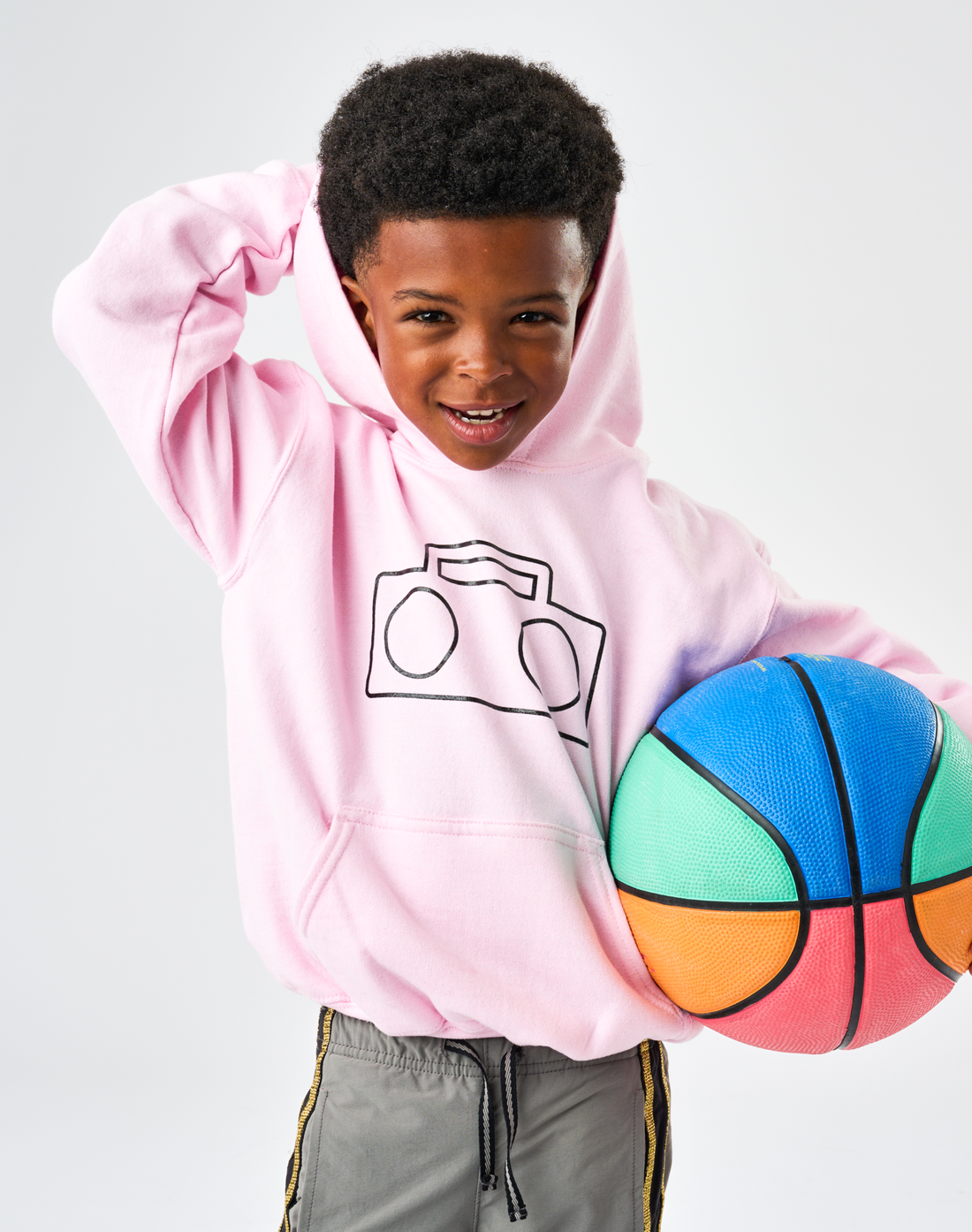StereoType Blog
Welcome To The Gender No-Reveal Generation

Why actress Emily Ratjakowski’s gender no-reveal decision was so on point.
Recently, actress and model Emily Ratjakowski made worldwide headlines when she penned an essay in Vogue about her decision to not know her baby’s gender until after the baby is born. Her decision isn’t unusual. A 2007 Gallup poll of over 1,000 parents found that 51percent wanted to wait until their baby was born to find out the gender. Of course, that poll is from 2007. While there’s not concrete data from more recently, the endless gender reveal parties, sonogram shots, and color-coded registries can make parents who don’t know feel lonely.
The “to know or not to know” question can also bring up feelings for parents who have decided. Is it wrong to decorate the nursery pink for a girl or have a football-themed shower for a boy? The answer to that is no. Ultimately, knowing your child’s gender is just the first choice of what will be many choices in parenting. But being aware of gender — and how you discuss gender — can be done at any stage in your parenting journey.
Being gender aware isn’t about looking down on princess movies or bypassing superhero costumes. It’s simply recognizing how gender affects the worldview of you and your child. Here, how to recognize and reframe it.
Understand Your Expectations
When you imagine a future child, you may see images in your head: A tutu-wearing toddler at her first dance class or a little boy kicking the soccer ball with his dad. Those images aren’t shameful or embarrassing — they’re rooted in your desires. Now, go deeper. What else is going on in the image. It might be the little girl falling in love with dance. It may be the little boy having a close relationship with his dad. The more you see the desires behind the picture, the more you can see that these scenarios can play out no matter who your child turns out to be.
Question the Generalizations
Boys love their mama! Girls are so emotionally mature. Whenever you hear a generalization, point it out. A gentle question of “Why is that,” will reframe the conversation toward their experiences — and will help remind anyone listening that a generalization is not based on reality, but more so from a previous experience.It may not change Aunt Frannie from ditching her “Great Aunts Know Best” observations — but it can be a way to redirect the conversation.
Think And, Not No
Sparkles are pretty. Superheroes are fun. Rethinking gender doesn’t mean skipping out on pink and frilly, or the blue and scary. Instead, it means mixing everything together. It means choosing what your child likes, being drawn to the onesies that make your heart sing, and realizing that your child is unique and different just because they are exactly who they are. Take “boys” hand-me-downs if you’re expecting a girl. Buy the truck set for your niece’s third birthday. Mixing and matching can bring out the best in clothes, toys, and your child’s distinctive personality.
Share by Example
So does that mean you should boycott gender reveal parties? Not at all! But you can gently share your perspective by offering gender-neutral cards and gifts, talk up the baby’s future in non-gendered terms, and remind people that there’s a whole rainbow of opportunity in between blue and pink icing.






